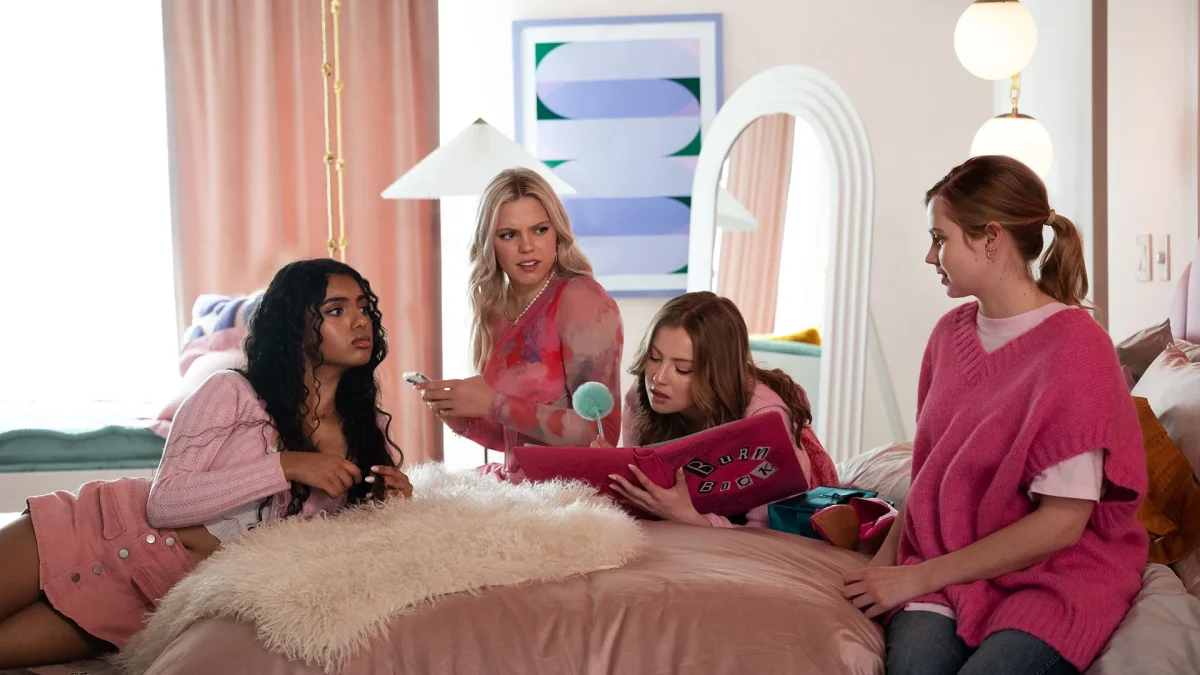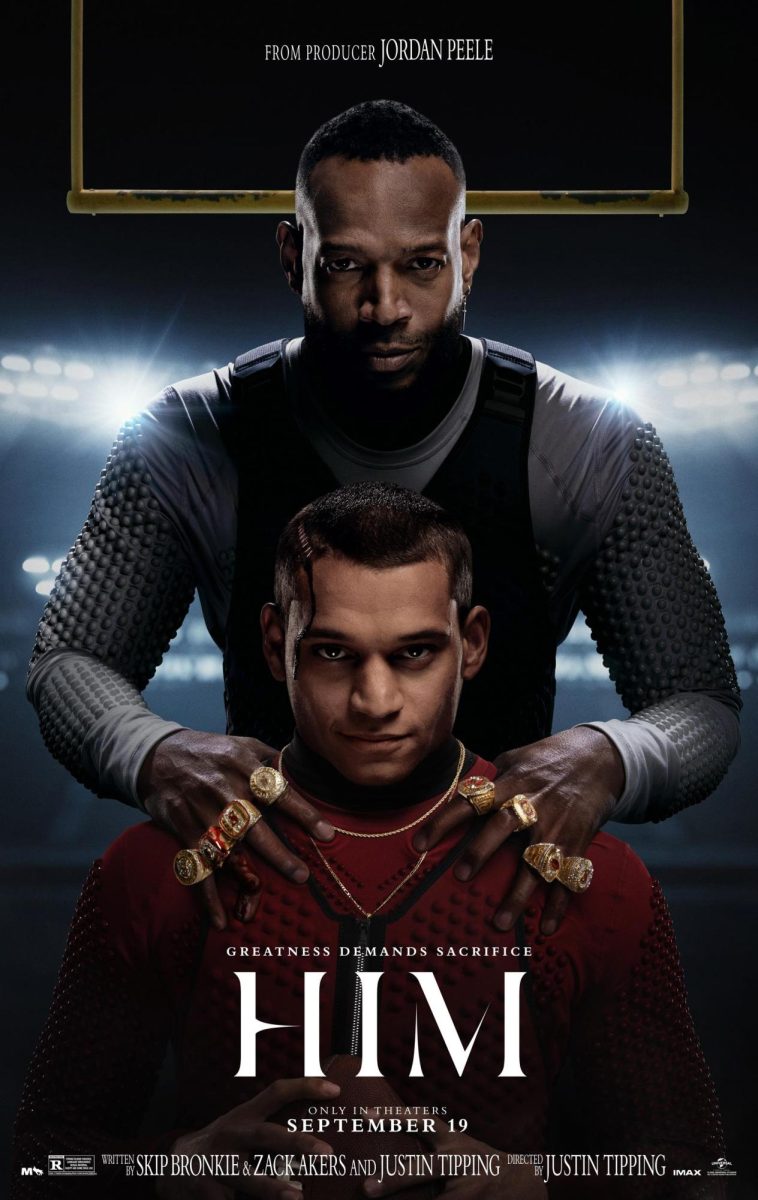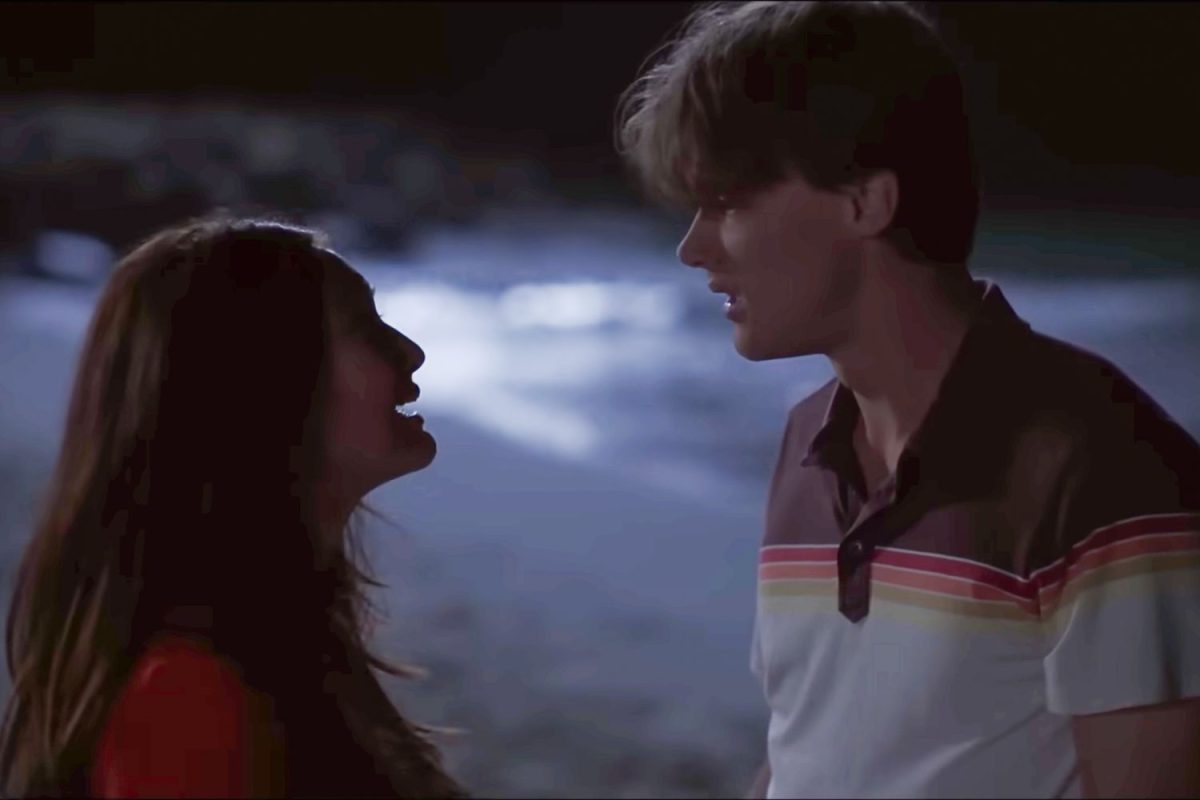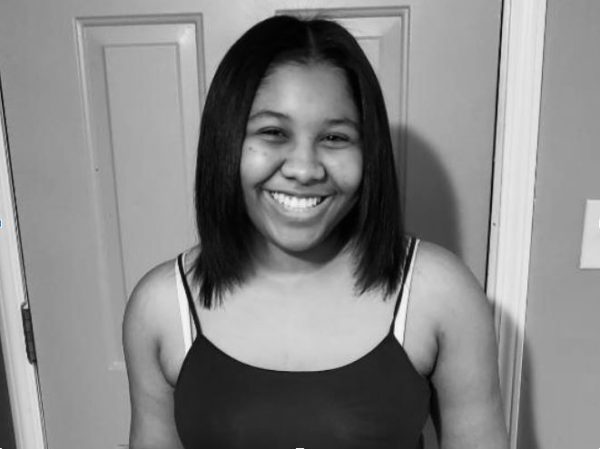The past couple of months have seen major box-office success for movie musicals like “Wonka”, “The Color Purple”, and “Mean Girls,” with them making $534.3 million, $59.7 million, and $83 million respectively as of late. But a phenomenon some have been noticing about these movies is the way that they are misleadingly advertised. These movies don’t begin to showcase their musical aspects until the later round of trailers that come out right before the movie is released and are shown afterwards. The trailers that the majority of people see are the early ones, which seem to go out of their way to hide the music. The most popular trailer for 2024’s “Mean Girls” movie plays music from artist Olivia Rodrigo instead of the songs from the musical that actually fill the soundtrack; “The Color Purple” calls itself a “bold reimagining” but also doesn’t mention the fact that it includes original music; and “Wonka” showed the bare minimum of musical aspects aside from Timothée Chalamet, who plays the title character, singing a tiny portion of the famous “Pure Imagination” song. It’s as if these musicals are ashamed of what they are.
Hiding the musical content of these movies often doesn’t work out the way the advertising teams think it will, especially with films that are adaptations of works that already exist. Failing to showcase the music for the new versions of these popular films leads to general audiences thinking that they’re just direct remakes and being upset about “unnecessary” modernized versions of beloved movies. While it makes musical fans feel disappointed because they don’t know what to expect the new cast recordings to sound like, and because something that they’re a fan of is embarrassing enough to hide. In addition to that, there have been reports of people walking out of movie theaters after discovering that these films are musicals, so the marketing tactic doesn’t truly work. They get people into theaters, but at the end of the day, viewers like what they like, and sometimes won’t sit through something they don’t enjoy.
In “The Color Purple’s” defense, the film casted well-known and trained singers in the film such as Fantasia, Halle Bailey, and Ciara which gave viewers a bit more of an idea as to what they were getting into. While “Wonka” and “Mean Girls” casted actors, rather than singers, in some of their principal roles. Timothée Chalamet plays Willy Wonka, Angourie Rice plays Cady Heron, and Christopher Briney plays Aaron Samuels. This serves as another slap in the face to true musical fans because people are being casted for popularity rather than singing ability in musicals, which has already proved to be poorly received because of theater fans’ reactions to stunt casting (casting famous people for publicity) on Broadway. In the case of “Mean Girls”, it truly brings down the movie, especially considering that Rice and Briney are surrounded by several skilled singers, some even being on Broadway or West End like Reneé Rapp, Jaquel Spivey, and Auli’i Cravalho. Rice’s voice is dull and lacks the energy that the Cady’s on stage have had. Briney doesn’t sing in the film at all, with them cutting the duet Aaron has with Cady in the original musical. And Cady’s part in belty song “Apex Predator” was given to Spivey’s character, Damion, instead.
The creation of movie adaptations of stage shows like “The Color Purple” and “Mean Girls” become wildly unnecessary when you consider the fact that a large number of theater enjoyers would prefer pro-shots (professional recordings of the original shows as they were performed live on stage), à la “Waitress” and Disney Plus’ “Hamilton” and “Newsies”, rather than all-new movie versions. Writer Zoe Loughnane for teen publication TeenTix said, “A lot of theater lovers prefer [pro-shots] because they appreciate the craft and the art that goes into a show. But also because they don’t have to worry about casting choices. The performers captured in proshots are experienced in their roles, won’t crack on a high note, or subscribe to some perpetual trope like needlessly stopping to catch their breath with as much gusto as possible in the middle of a scene.” And when The Butler Collegian writer, Madeleine Hall, interviewed fellow student Jana Dinkeloo about the matter, she said, “I think people often use the ‘trying to make Broadway more accessible’ excuse when they’re adapting a musical into a movie, but what honestly would be more accessible and would be better for people is a proshot.”
That raises the question as to why these Hollywood movie-musicals keep getting created. There is a hefty amount of people who hate musicals, and the musical-loving minority prefers to see their stories on stage. When it comes to the movie-musical format, lots of viewers are left disappointed, especially when the marketing chooses to hide the content. Even the Paramount president of global marketing distribution, Marc Weinstock, when asked why they avoided advertising “Mean Girls” as a musical says, “We didn’t want to run out and say it’s a musical because people tend to treat musicals differently. This movie is a broad comedy with music. Yes, it could be considered a musical but it appeals to a larger audience. You can see in [trailers for] “Wonka” and “The Color Purple,” they don’t say “musical” either. We have a musical note on the title, so there are hints to it without being overbearing.” Instead of keeping the musical aspect hidden, leaving many audience members unaware as to what they’re getting into, studios should cater to their built-in audience, the people who actually want to see what they’ve created.









